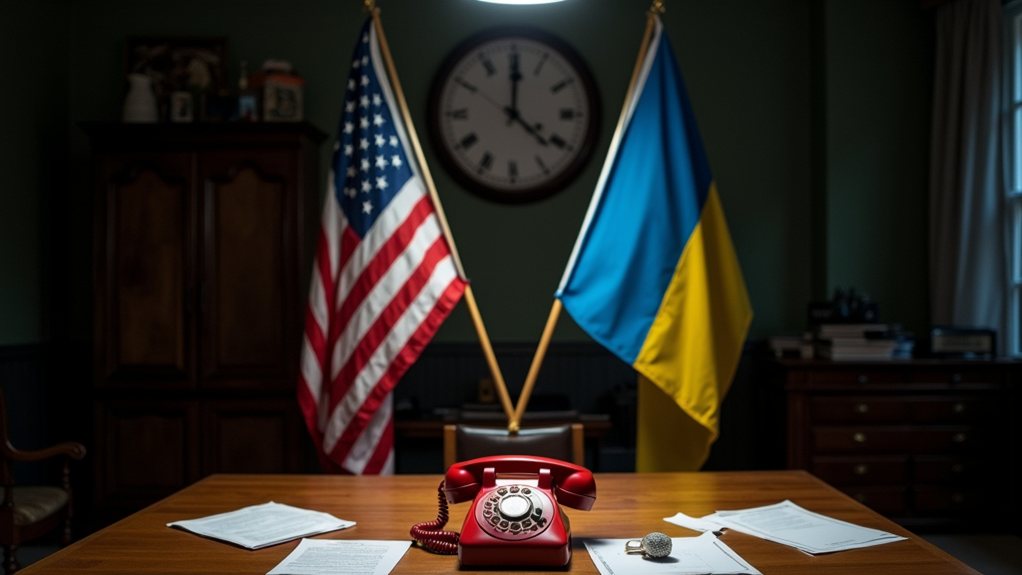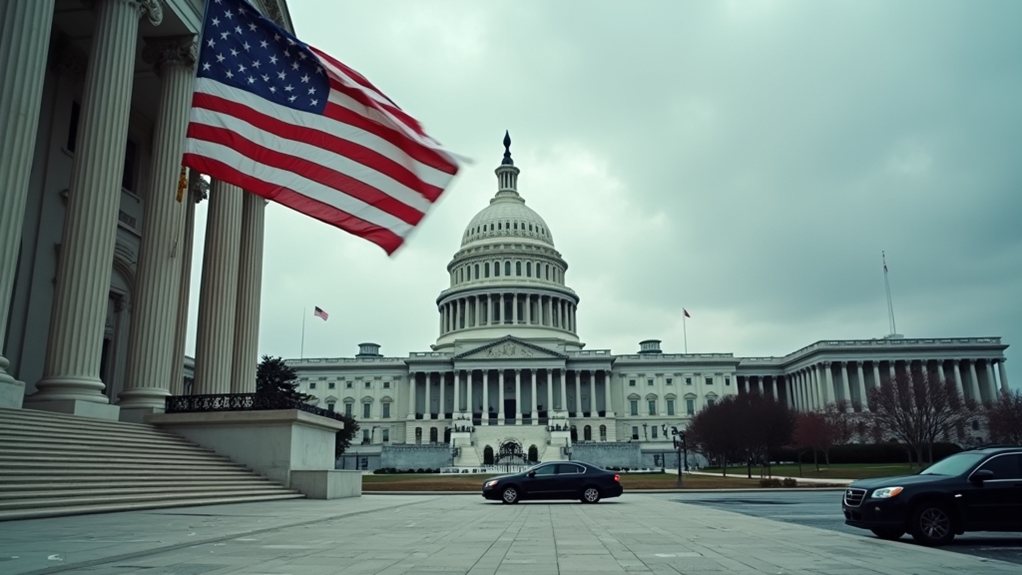In a surprising move, the U.S. has suspended intelligence sharing with Ukraine, a decision confirmed by CIA Director John Ratcliffe. This decision comes after a tense meeting in the Oval Office between President Trump and Ukrainian President Zelenskyy. The suspension aims to pressure Ukraine into negotiations regarding the ongoing conflict with Russia. However, the exact timing of when this pause will start is still unclear.
The U.S. has suspended intelligence sharing with Ukraine, confirmed by CIA Director John Ratcliffe, following a tense meeting between Trump and Zelenskyy.
The impact of this suspension could be significant for Ukraine's military operations. Currently, 80% of Ukraine's intelligence comes from allied countries. U.S. intelligence is especially important for long-range precision strikes against Russian forces. Without this support, Ukraine may struggle to effectively target these enemy positions, potentially hindering their counteroffensives. Experts suggest that it could take weeks or even months before the suspension's effects are felt on the frontlines. Additionally, U.S. intelligence is crucial for tracking Russian troop movements, which further underscores the potential ramifications of the suspension. This halt in intelligence sharing indicates that the U.S. aims to pressure Ukraine into a negotiation process, raising concerns among military analysts.
Reactions to the news have been swift. Senator Jeanne Shaheen expressed concern about the diminished capabilities of Ukraine's military. Meanwhile, U.K. intelligence agencies have been instructed not to share any U.S.-sourced intelligence, with British opposition leader Kemi Badenoch calling the action "concerning."
European officials remain divided about the long-term implications of this decision, while some allies are trying to fill the intelligence gap left by the U.S. The U.S. has previously been the largest provider of military aid to Ukraine. This suspension includes not just intelligence but also arms shipments.
Ukraine remains heavily reliant on U.S. support for its air defense systems. In response, Ukrainian officials have chosen not to comment specifically on the intelligence sharing but continue to receive some intelligence from other allies. They are also increasing their domestic arms production, with 40% of frontline weapons now made locally.
Internationally, reactions are varied. NATO allies are reassessing their support strategies for Ukraine as the EU prepares for a defense and security summit to address the situation.








